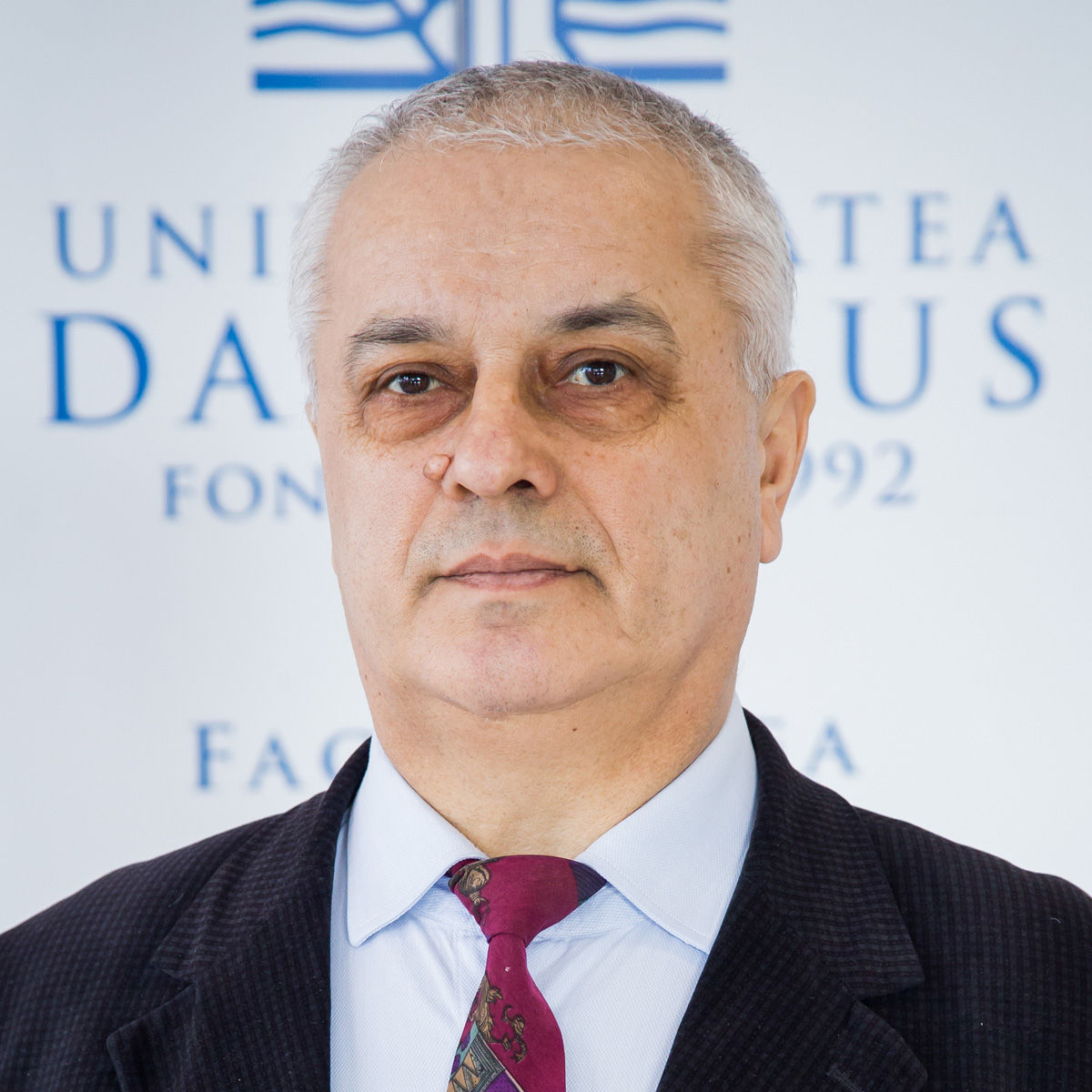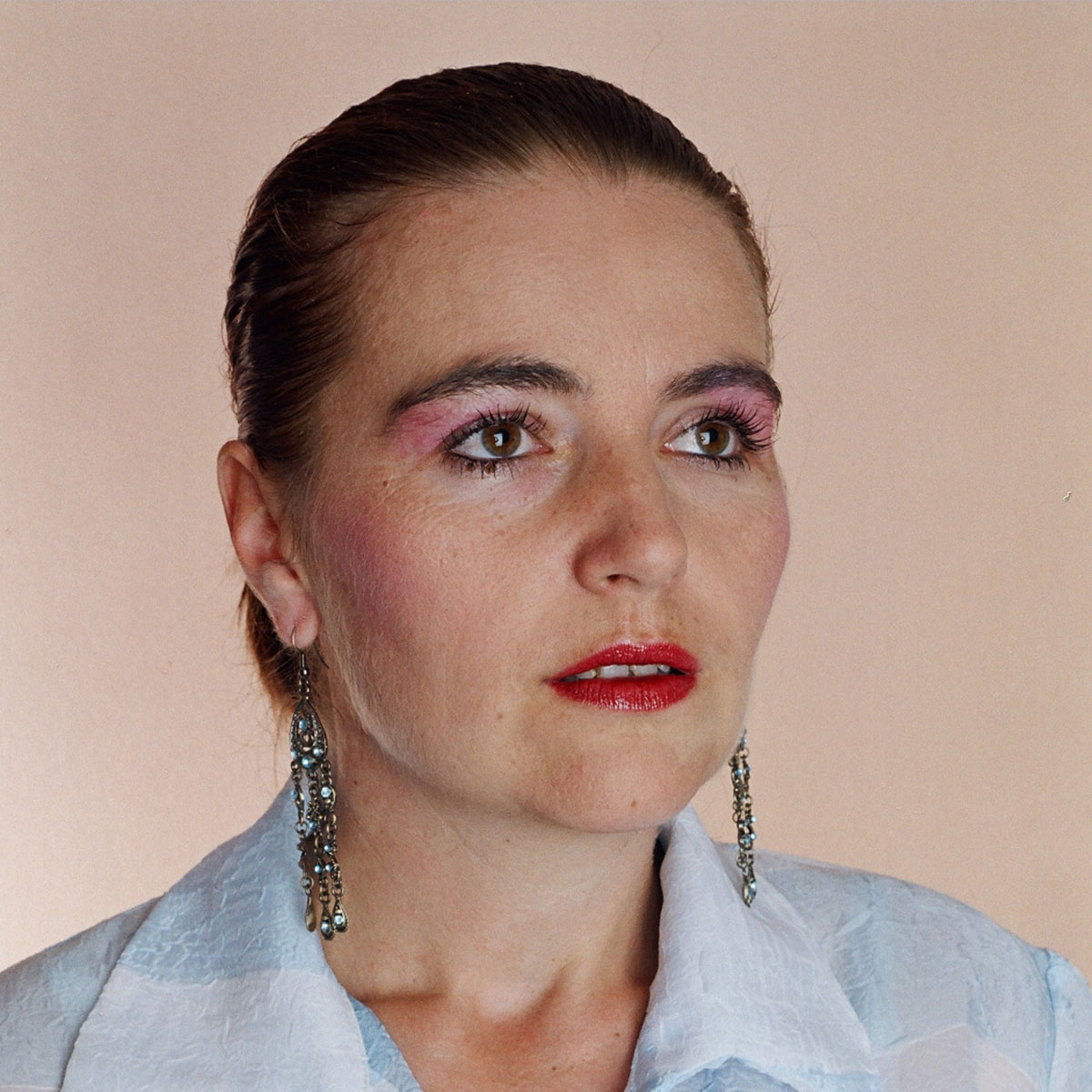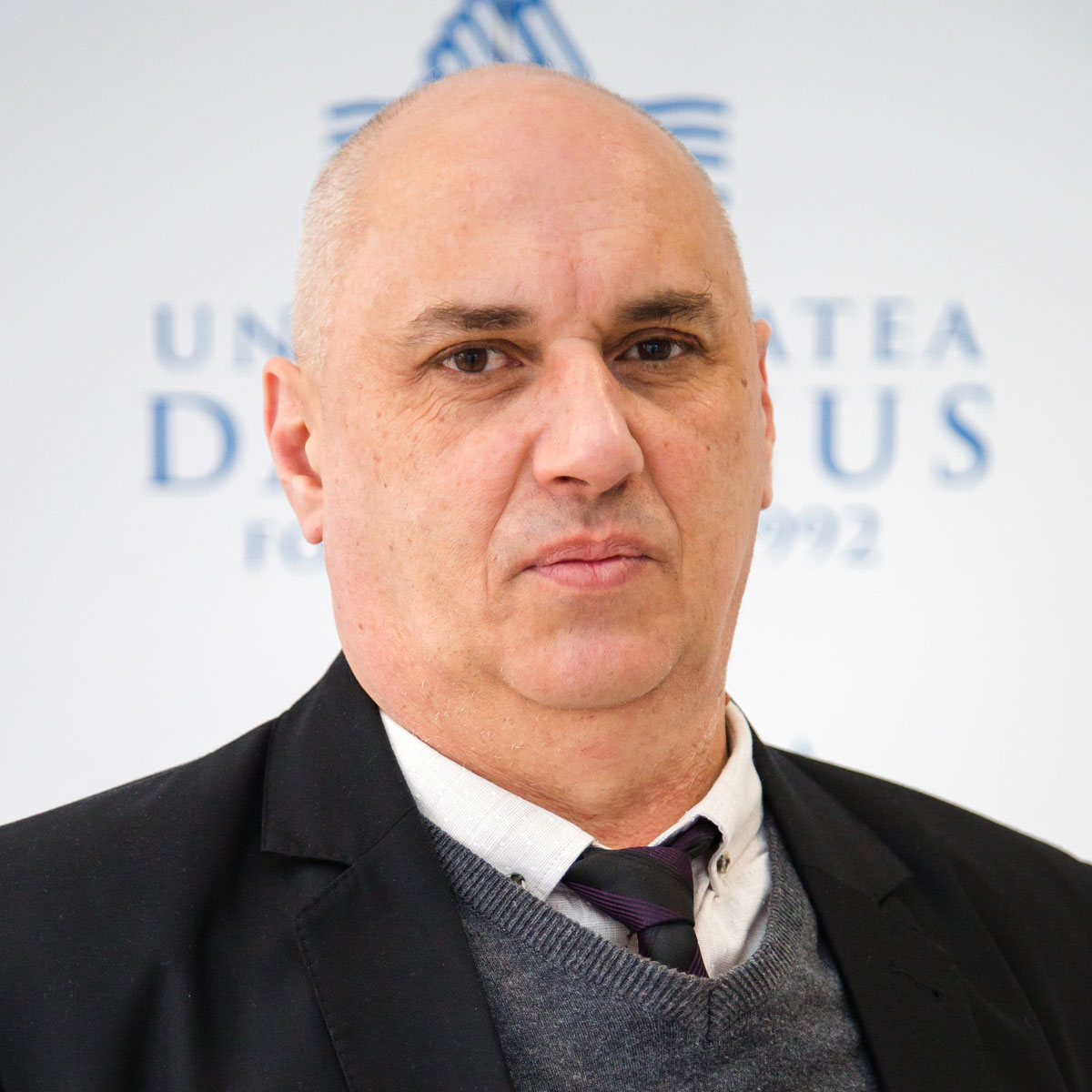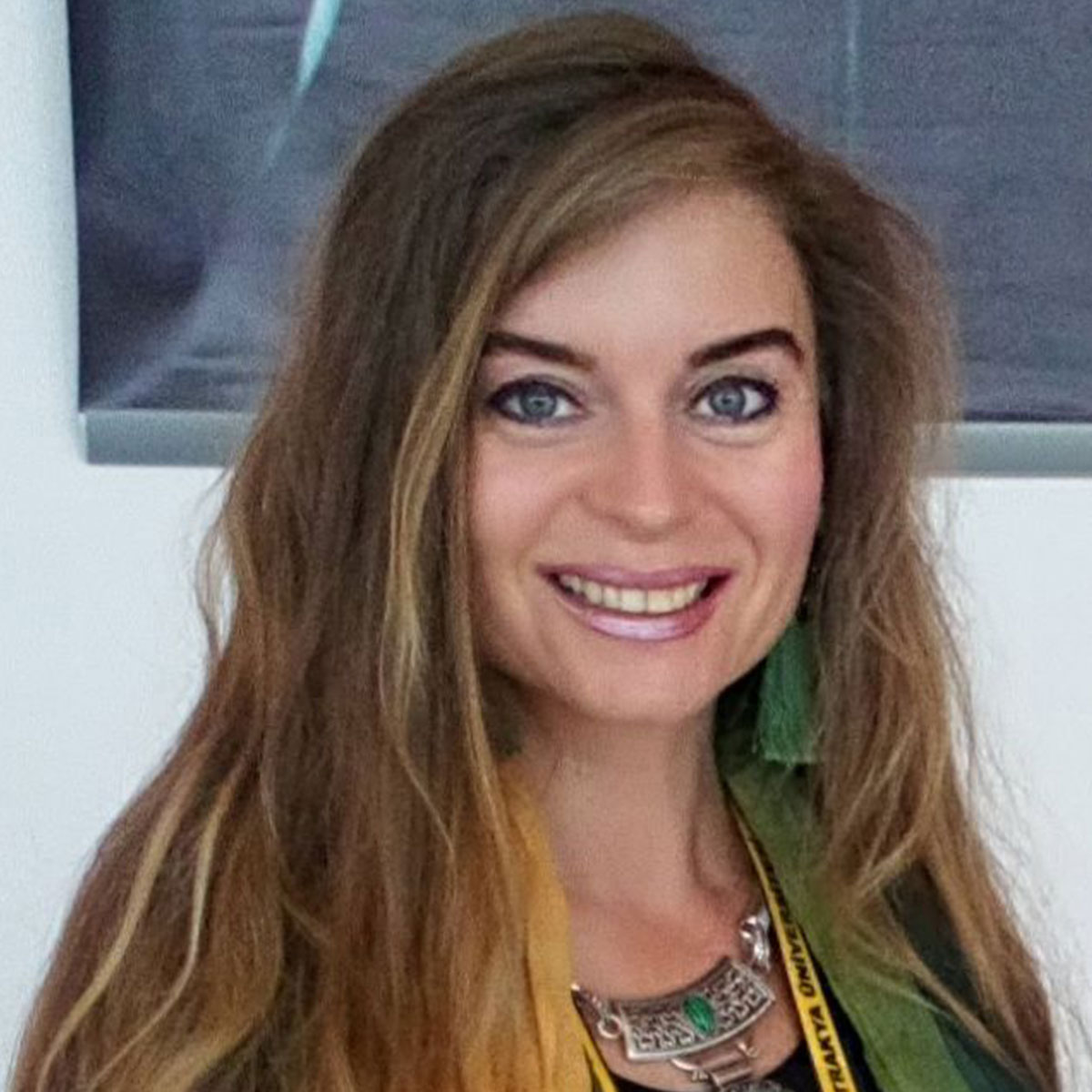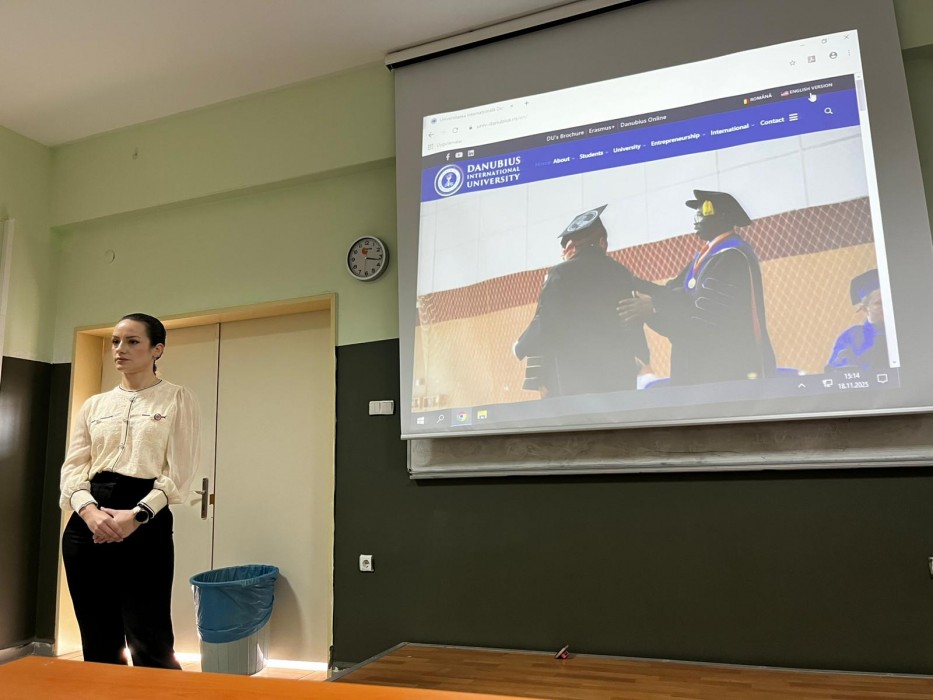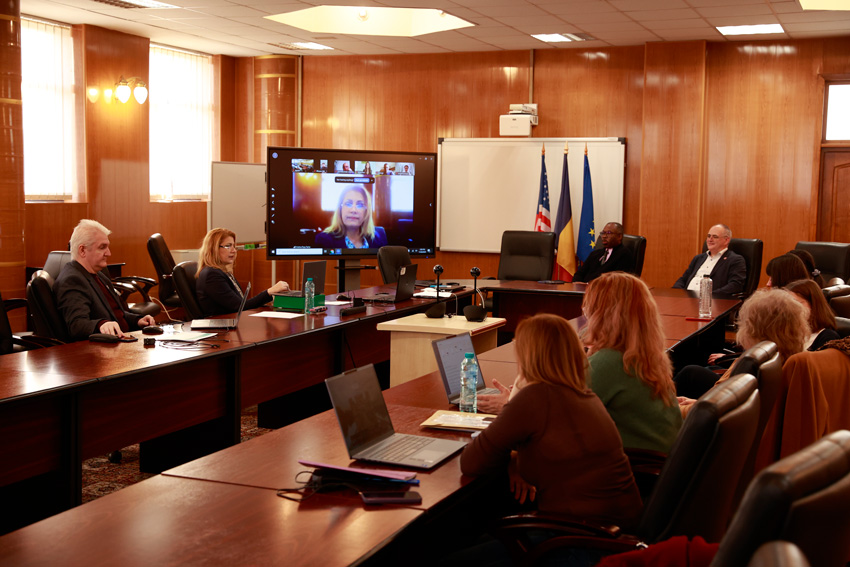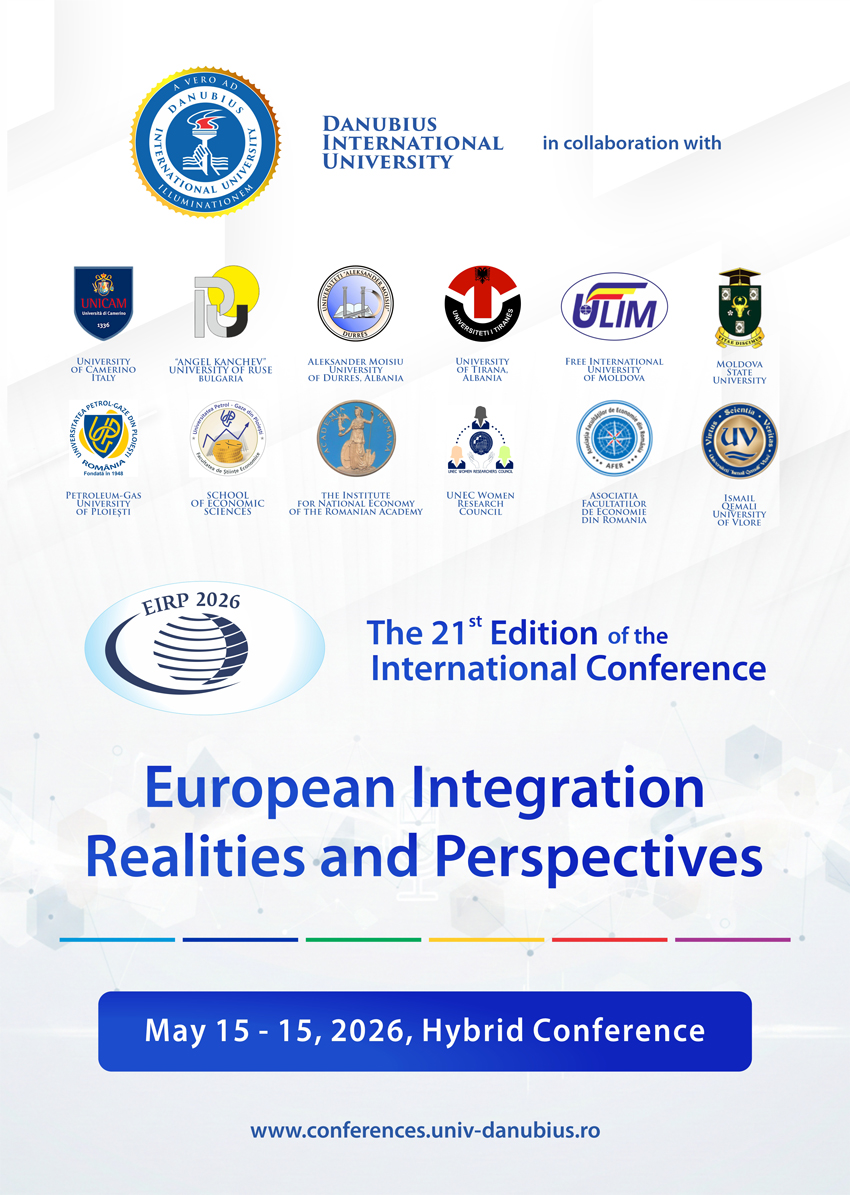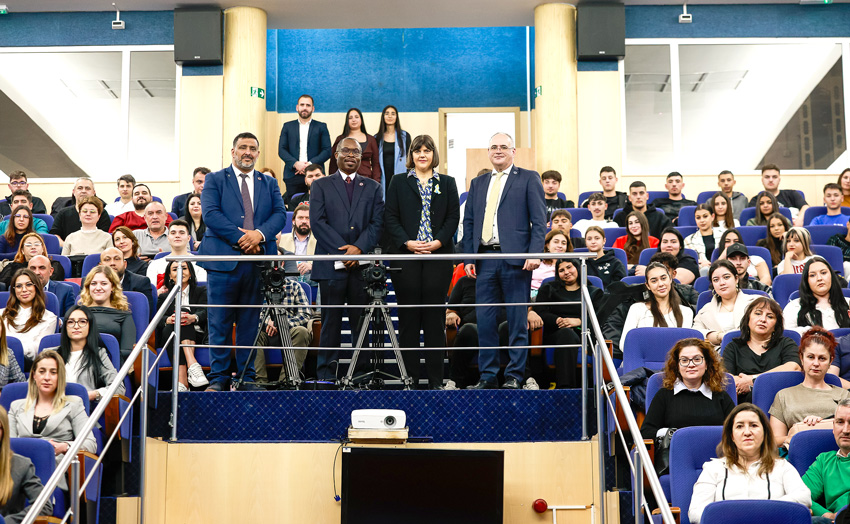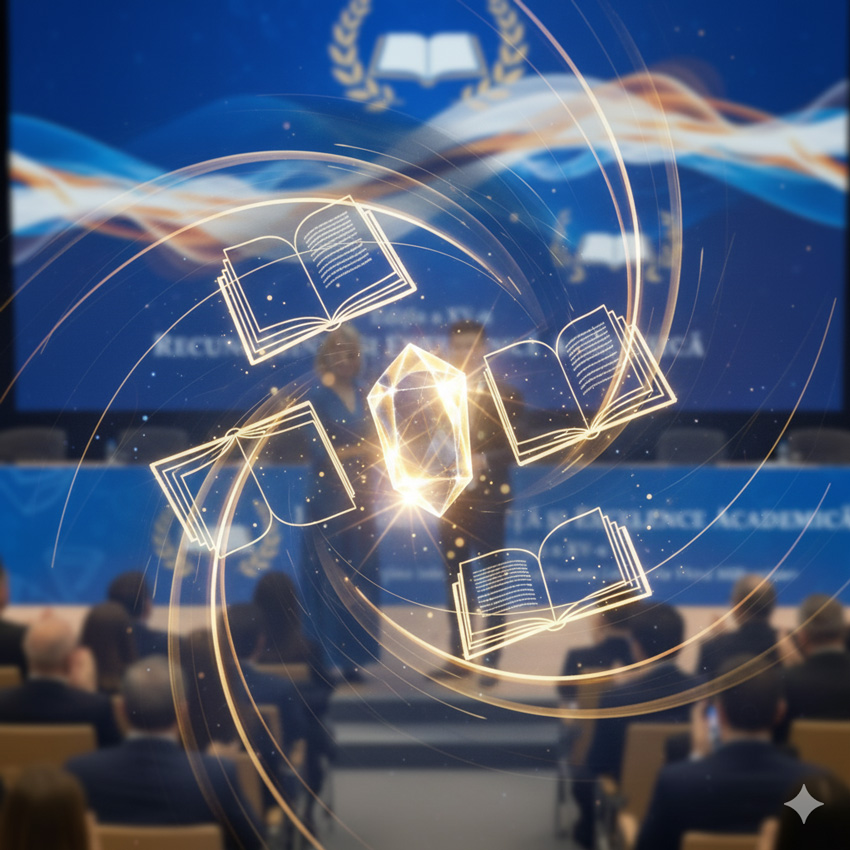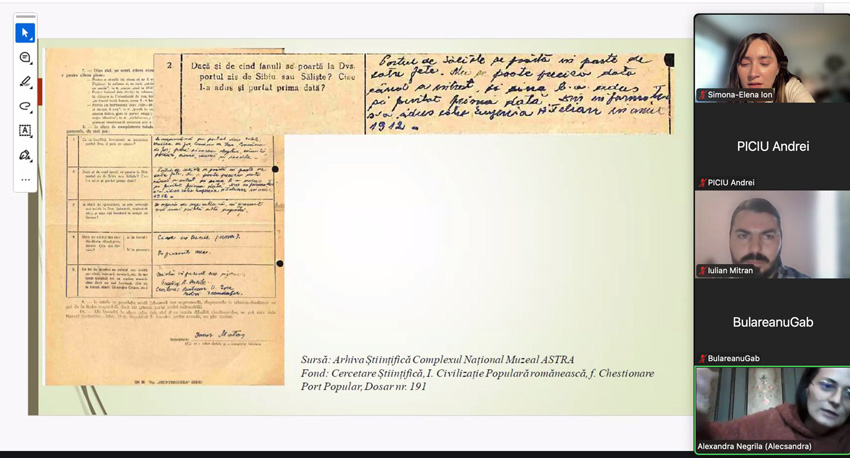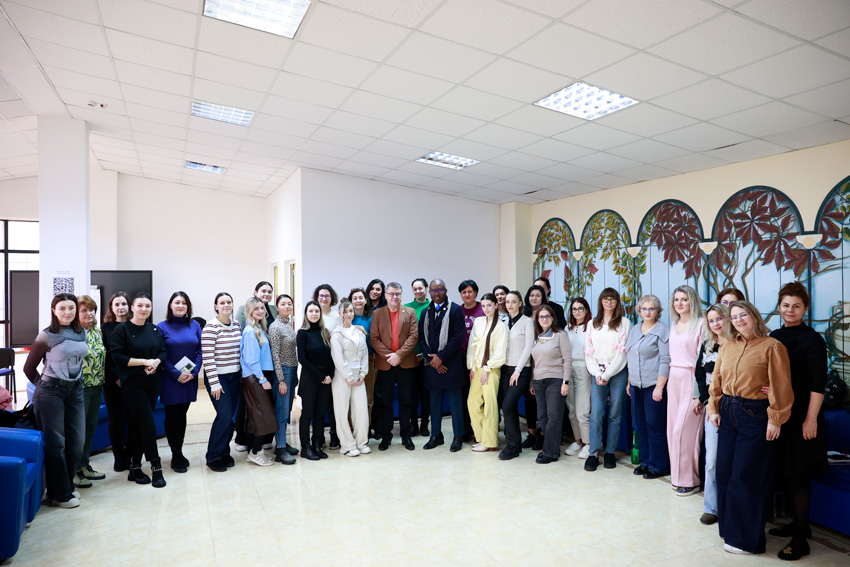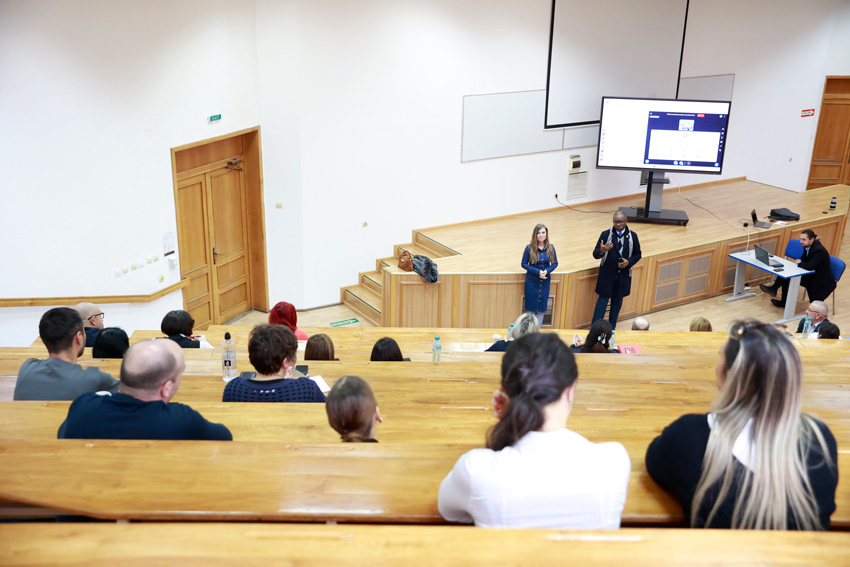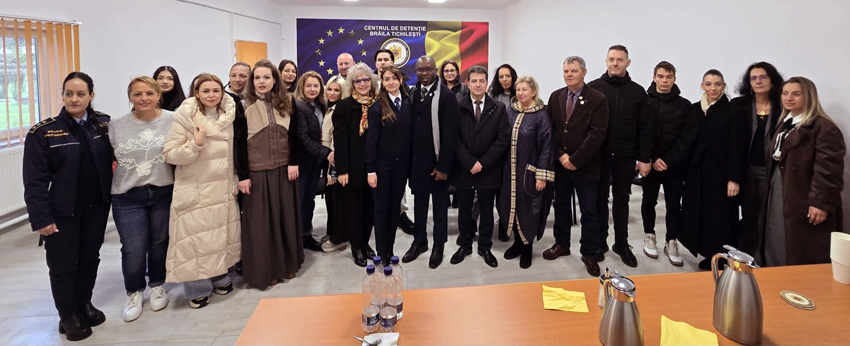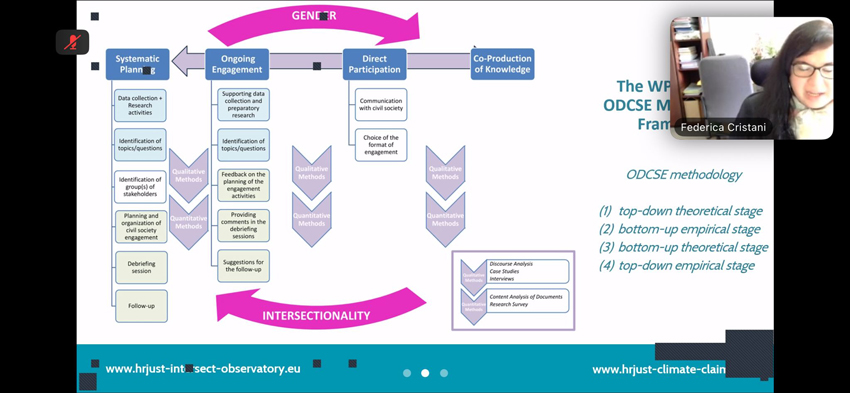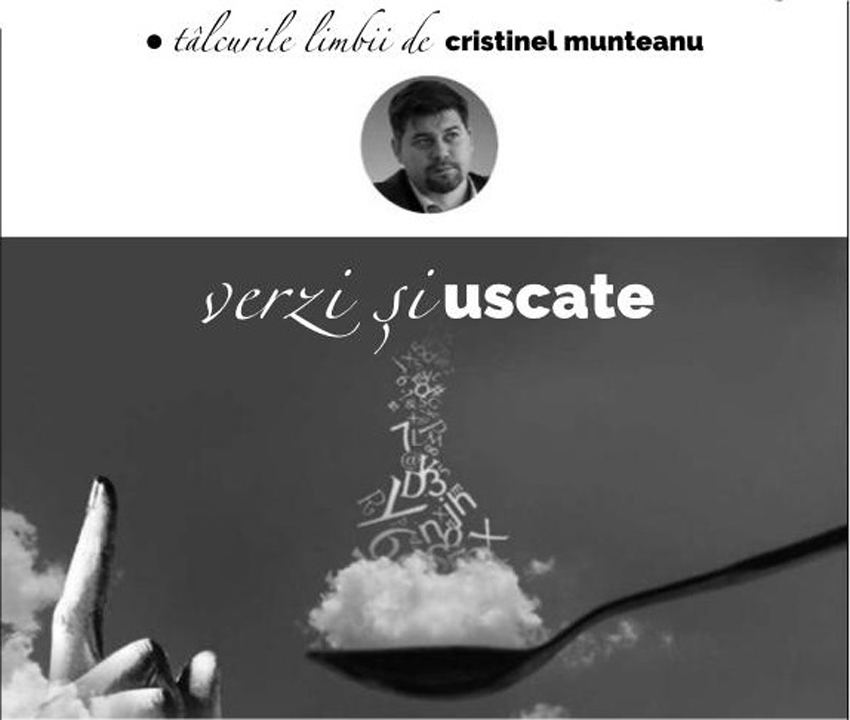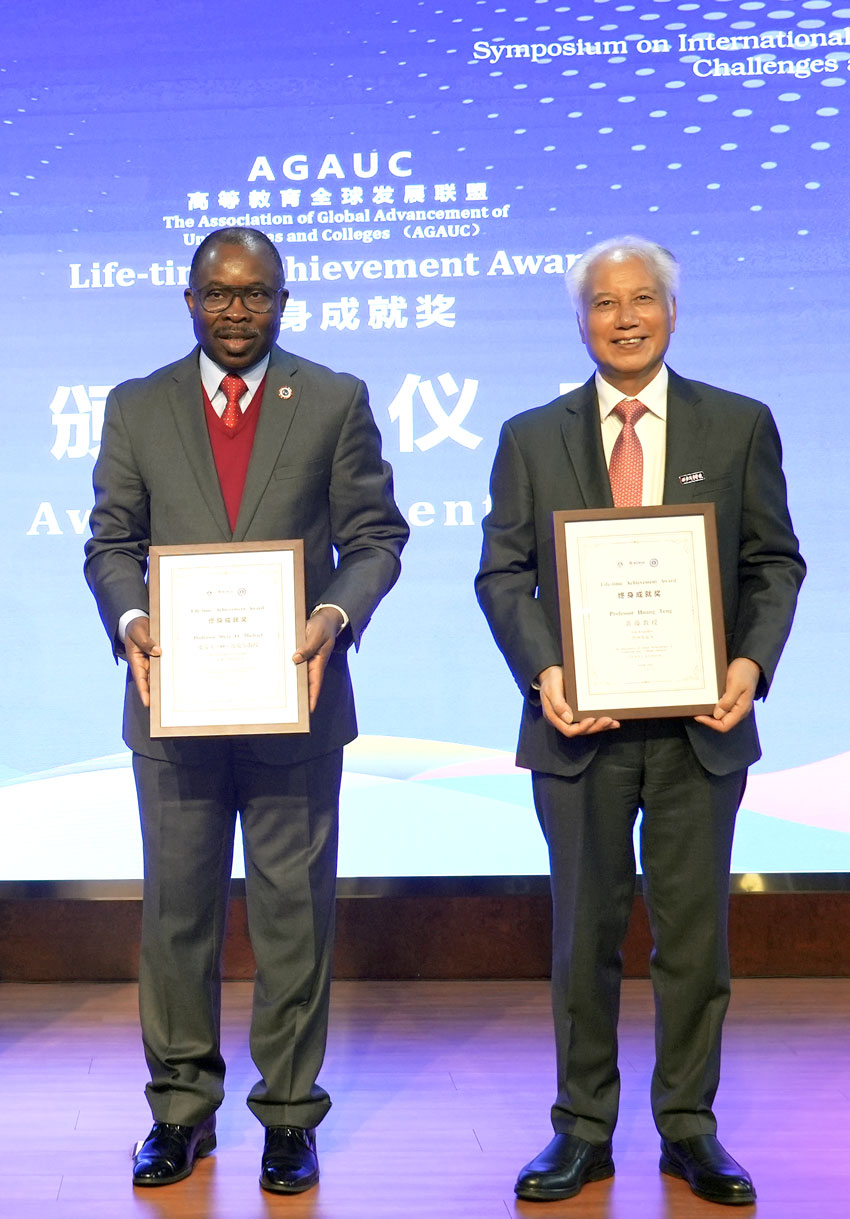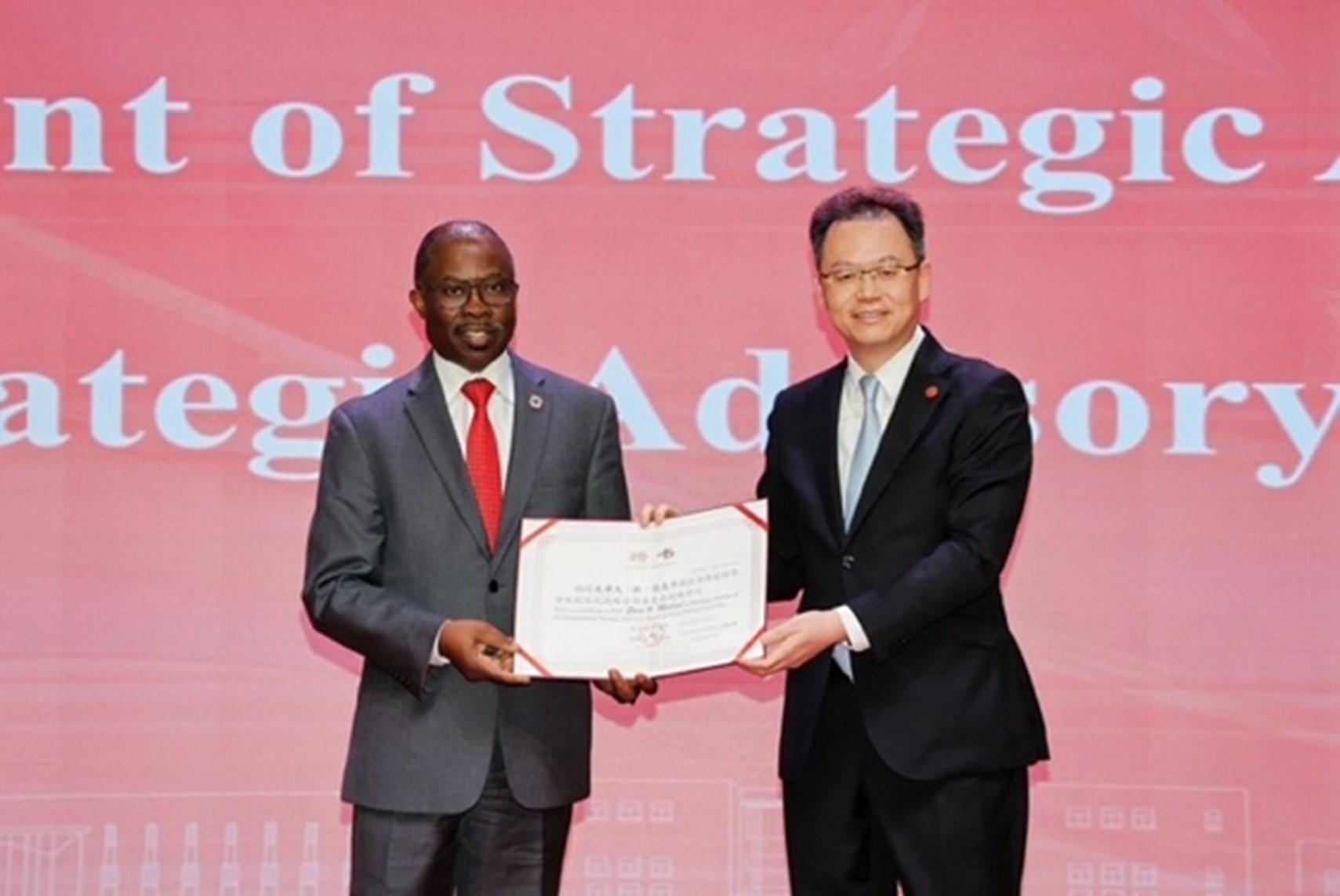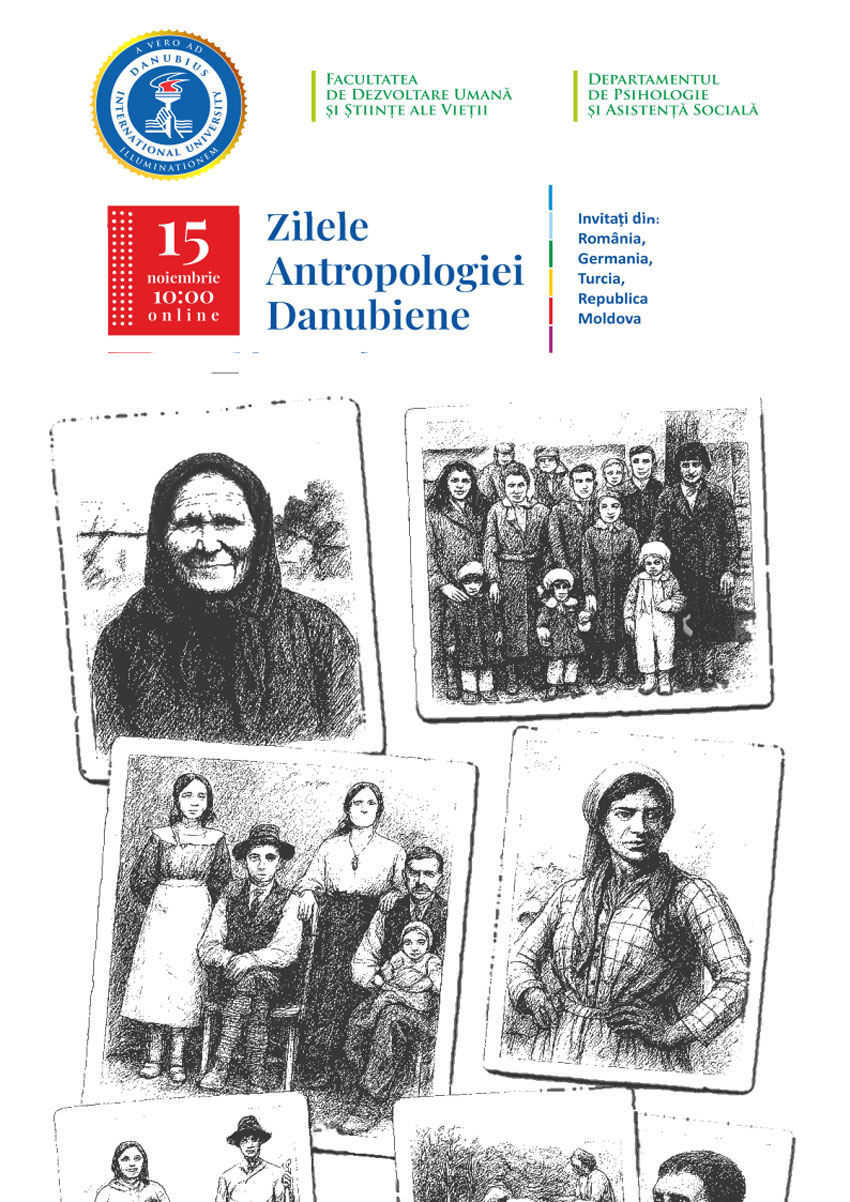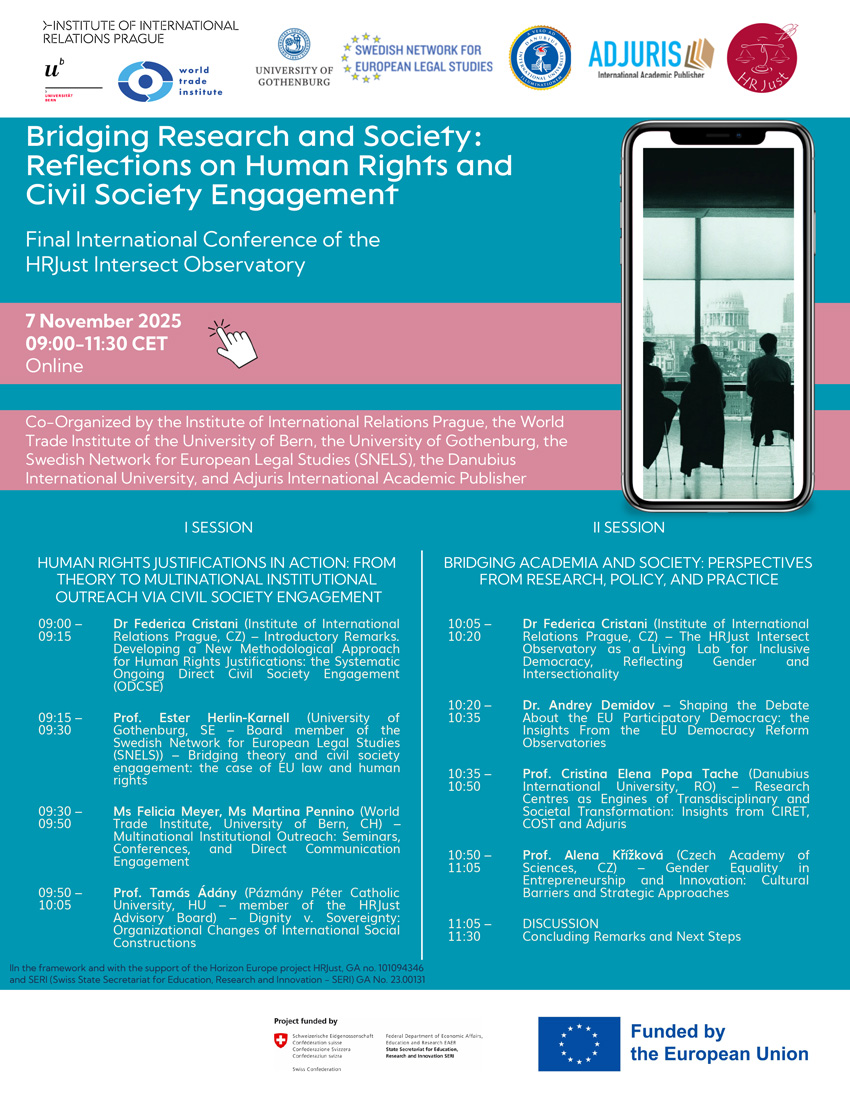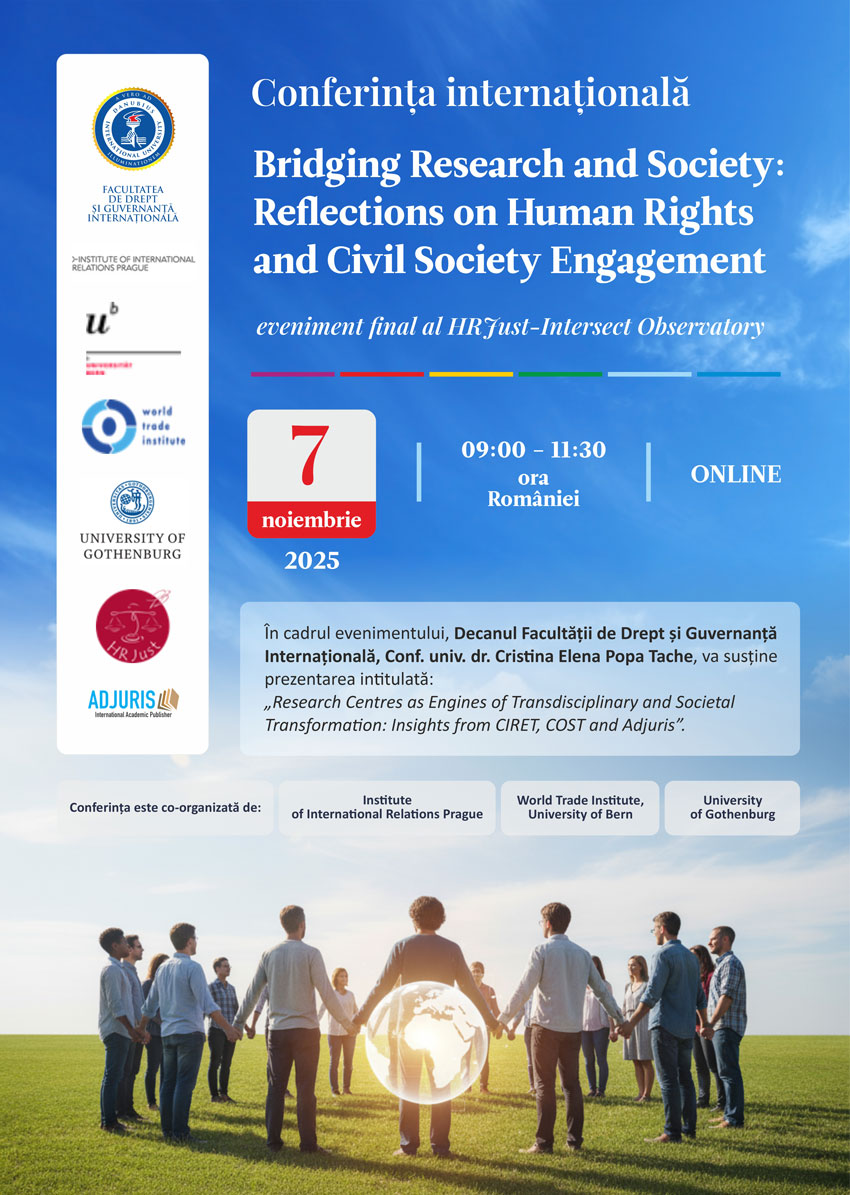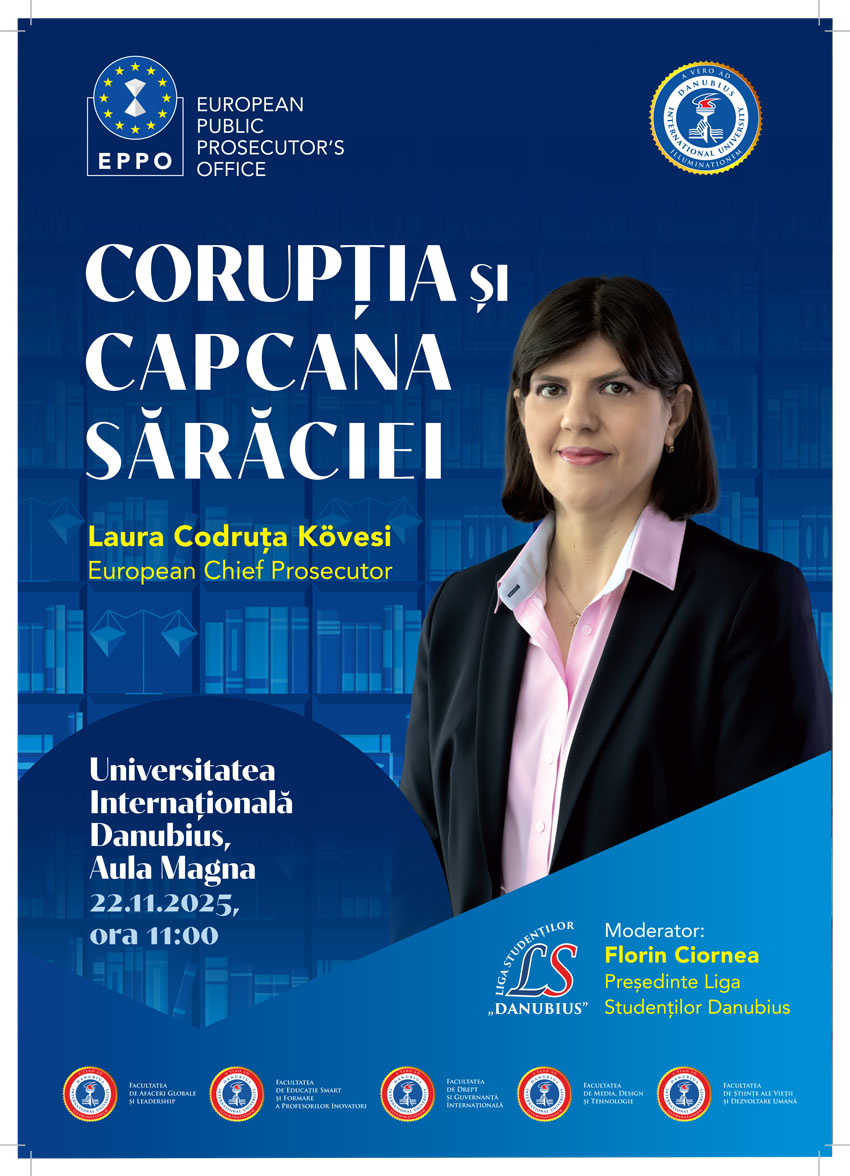Associate Professor Vasile Bogdan, PhD is an academic at Danubius University, within the Faculty of Communication and International Relations, but before that, he worked as an Expert in Postdoctoral Scientific Research and Teaching Activities and as a Mentor for Teaching and Postdoctoral Research, Expert on Bioterrorism at the Postdoctoral School within the CSCBAS of the Romanian Academy. He served as head of the multinational division in Theaters of Operations (OT) Iraq and Afghanistan, being a war veteran. His experience in theater of operations is complemented by various forms of specialized training, i.e. university, postgraduate, doctoral and postdoctoral.
He is a graduate of “Carol I” National Defense University, UNAP. In 2008 he completed his doctoral program, obtaining a doctorate in Military Sciences. In the period 2014-2015, he attended the courses of the Postdoctoral School within “Acad. David Davidescu” Center for Studies and Research of Agrosilvic Biodiversity (CSCBAS) belonging to the Romanian Academy.
In the period 2008-2018, he supported various specialized teaching activities at military educational institutions.
For Associate Professor Vasile Bogdan, PhD, the word professor is “one of the terms of the consecrated binomial of the teaching act, terms represented by the professor and, respectively, by the student. The professor is responsible for the efficient combination of the theory with the applicative dimension, the transposition of the desideratum into the daily reality, so that the preparation of the training subjects is ensured in the conditions of the future society and not only of the existing one.”
Professor Vasile Bogdan has also spoken about the importance of the professor-student relationship, seen as a binomial of training: “The student/ master student is the second term, the beneficiary of the teaching act, of the educational effort. Without the student, the educational effort would be useless, it would be a nonsense. At present, because the educational act benefits from the massive support of modern technologies, the technologies themselves being carriers of ample and complex information, with each passing day the cognitive level of the student becomes higher and higher.
The curricular design, thought as a multidimensional and multidisciplinary process, must be conceived as a corollary of several components, to foreshadow the basic educational landmarks (finality, content, procedural, action), which will efficiently and effectively guide the educational process. Obviously, all the mentioned steps will lead to the validation of the special importance of the relationship between professor and student.”
Professor Vasile Bogdan’s academic contributions intervened in some priority areas of national security, synchronizing the operational concerns of the past with the scientific and teaching effort carried out at Danubius University. In the following, the professor pointed out the directions of his scientific efforts:
- Information support;
- Beligen effort and capabilities;
- Internal security and resilience;
- Economic affairs;
- Lasting development;
- Cross-border cooperation;
- External promotion of national interests;
The scientific assessments, formulations and interests are taken over, extended and customized in the content of more than 90 articles, published in journals and periodicals of high value.
To the question "What other profession would you have liked to have?", the professor's answer was a definite one: "I do not think we need to go too far with this effort of imagination. I am convinced that I would certainly have chosen all the areas already addressed - the military and the teaching sector. Both sectors involve a strong intellectual dynamism, facilitating the expression of attitudes, behaviors and existential concerns of a particular type. Therefore, in the journey of imagination proposed by you, they also identified me in the already known fields.”
For Associate Professor Vasile Bogdan, PhD, “Danubius University of Galați is established as an academic center, mandated with the formation of tomorrow's generation. The university stands out as a renowned university education structure, which imposes high responsibilities. The goal of the Danubian training will prioritize achieving top results, deserving the placement of Danubian graduates on the competitive labor market. The future Danubian teaching effort must give the desired finality - the assertion of "Danubius University" as a pilot center in the area, Danubian diamond, university center with scientific-applied possibilities located at high levels."
In the end, Professor Vasile Bogdan described himself as: “an academic who cumulates expertise in asymmetric and hybrid belligerence, that has been firmly settled over the years. Eager to create rigorously planned and structured activities, being concerned about the rigor and efficiency of teaching activities. Interested in strategies, objectives, plans, stages, synchronizations, conclusions, results and learned lessons.”
Mioara Lepadatu,
PR Specialist
 ROMÂNĂ
ROMÂNĂ  ENGLISH VERSION
ENGLISH VERSION 



